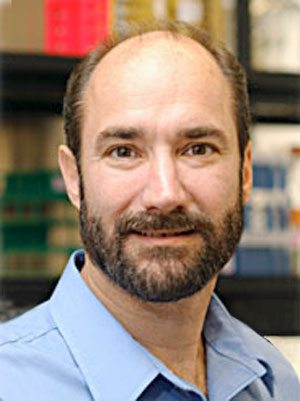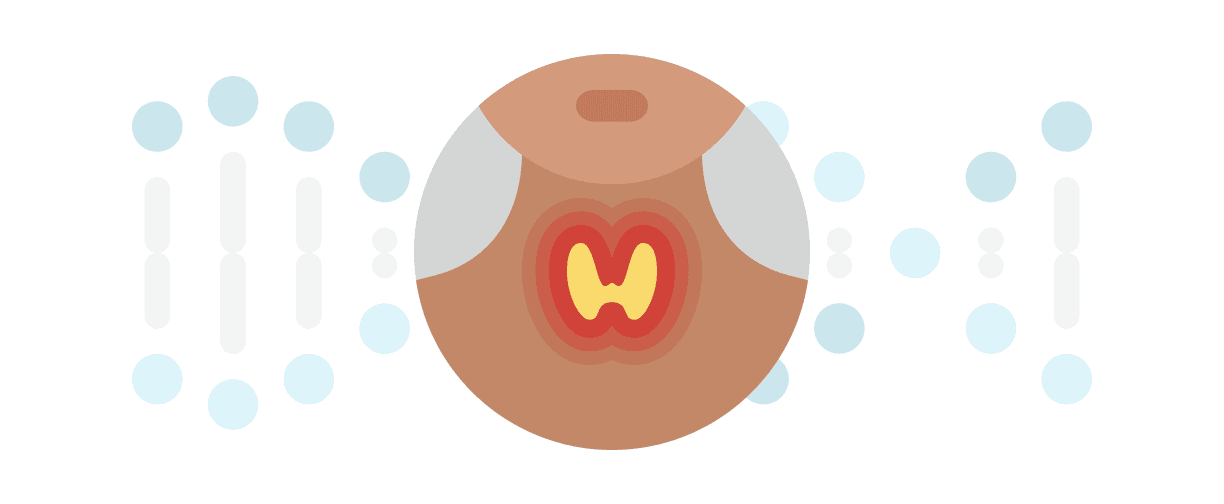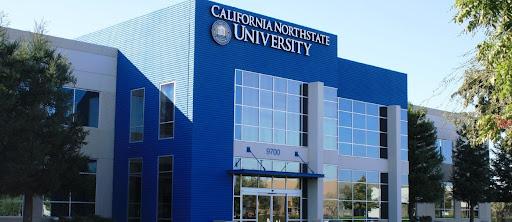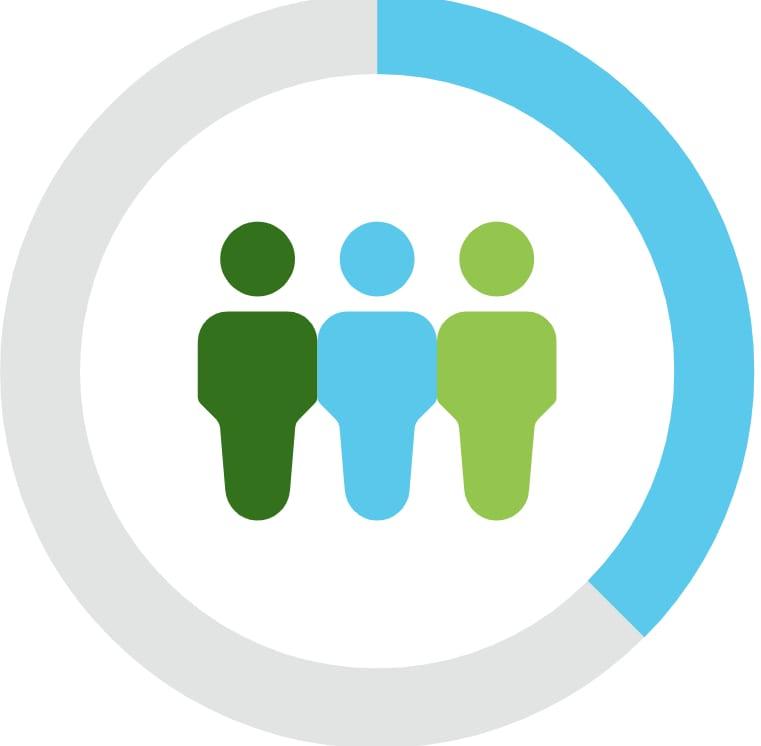The future of health care revolves around data, and lots of it.
Perhaps no one knows more about the potential of “Big Data” to revolutionize medical treatment than Michael Snyder, the director of Stanford’s Center of Genomics and Personalized Medicine. Snyder plans to share some of his wisdom during a webinar on February 28th hosted by 23andMe titled “Big Data and Human Health.”
Using himself as a test case, Snyder has brought his own personal experience to finding the right data and integrating it properly into clinical practice. He helped create something called the integrative personal genomics profile, known as iPOP, which generated billions of data points about him that he used to help diagnose his own risk for type 2 diabetes. But finding a clinical approach to effectively using this data is a challenge.
Snyder, who also recently completed the book Genomic & Personalized Medicine: What Everyone Needs to Know (see sidebar), is both practical and hopeful for the potential of big data to transform medicine.
Genomics & Personalized Medicine
Similar to how efficiently information is packed into your DNA, Michael Snyder has packed an enormous amount of information into his short book “Genomics & Personalized Medicine.”
Meant to be a quick guide that broadly covers the basics, Snyder has created a very easy to understand overview that boils down complex science and complicated issues in an easy to read book.
Using a question and answer format that’s easy to navigate the book is broken down into 22 chapters with each chapter condensing explanations of DNA basics to cancer genetics to ethics and data security. The answers on these topics are clear and concise, boiling down into a few pages or even a few paragraphs what are sometimes very complicated issues.
This make for a book that could be used as a very effective quick reference guide for both the layperson or medical professional. The book also works well for those interested in getting started on learning the basics on genetics and personalized medicine.
Give it a read.
“Big Data information can be used to manage one’s health prior to the onset of disease,” he writes in his book. “This has the potential to shift medicine from a reactive practice of treating symptoms and diseases, to one where disease risk is predicted and managed prior to onset, or is at least diagnosed early.”
During the webinar, “Big Data and Human Health,” Snyder will cover some of the kinds of useful data that can now be collected on a person — from biosensors, to genetic data to data from electronic health records — and how best to use this information can be integrated into managing a person’s health.
To register or to find out more about the webinar go here.
Register now to receive a copy of Dr. Snyder’s book, Genomics & Personalized Medicine: What Everyone Needs to Know. The first 100 healthcare professionals/clinicians to register will receive a copy.* The webinar is intended for clinicians and other healthcare professionals, but it is open to educators, researchers, students and lifelong learners.



